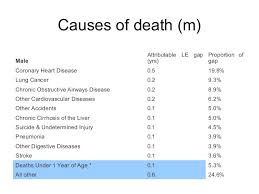“Our data show what needs to be done to improve the level and distribution of happiness” globally, the authors of World Happiness Report 2016 argue ambitiously in their latest assessment across nations and continents. “Increasingly, happiness is considered to be the proper measure of social progress and the goal of public policy.”
With Ministries of Happiness springing up in Venezuela, Ecuador, Bhutan, and the United Arab Emirates (sometimes to mockery, as protesters in Venezuela indicated they would prefer a functioning Ministry of Justice), measures of happiness increasingly are being used to assess individual and social well-being, in ways that appear more comprehensive and on-the-ground than are separate assessments of income, health, education, good government, and social context. At the same time, inequality between countries has sharply increased over the past 200 years; according to the Guardian newspaper, global inequality is now “worse than at any time since the 19th century.” Hence perhaps the mockery—the impression that a Ministry of Happiness might be more Orwellian than practical or useful. Oxfam’s latest figures show that the wealthiest “1% now have more wealth than the rest of the world’s population combined.”

